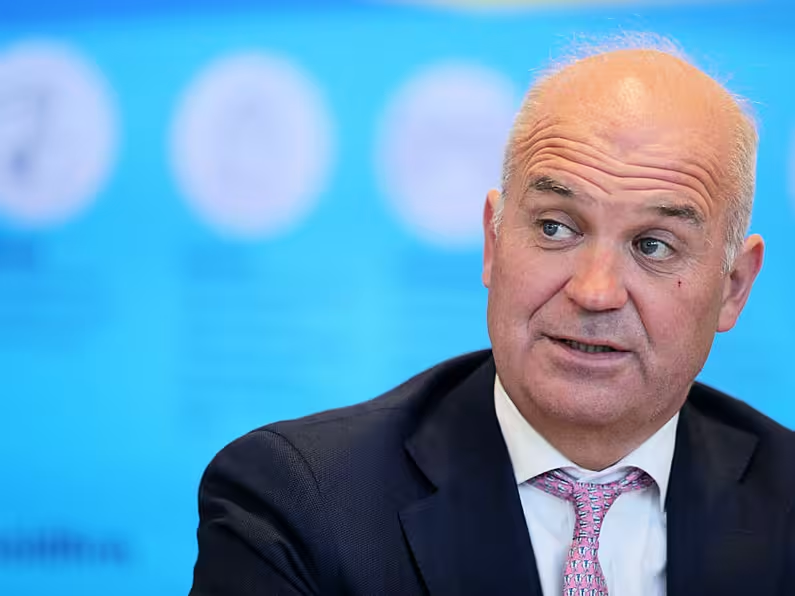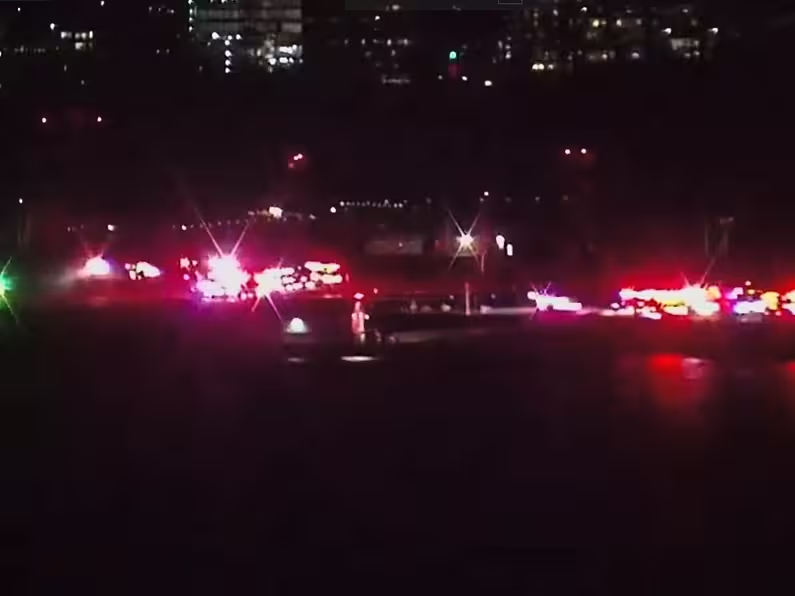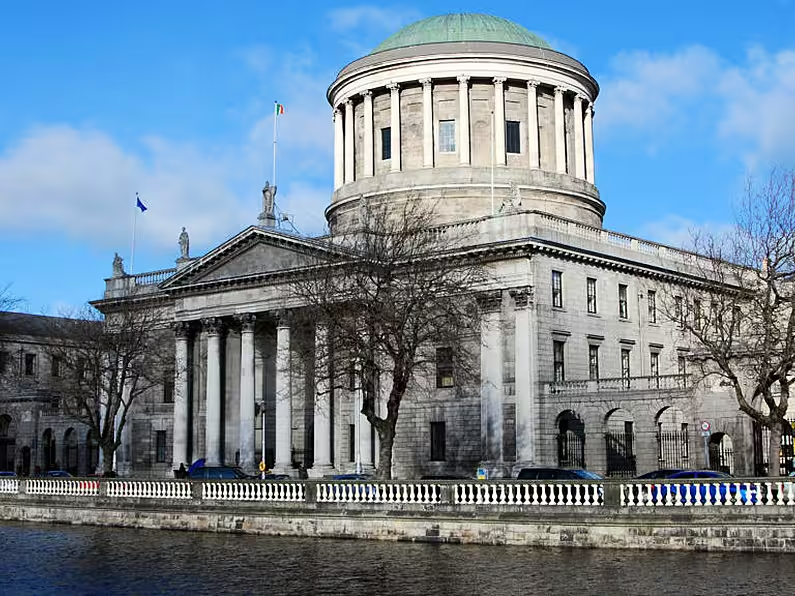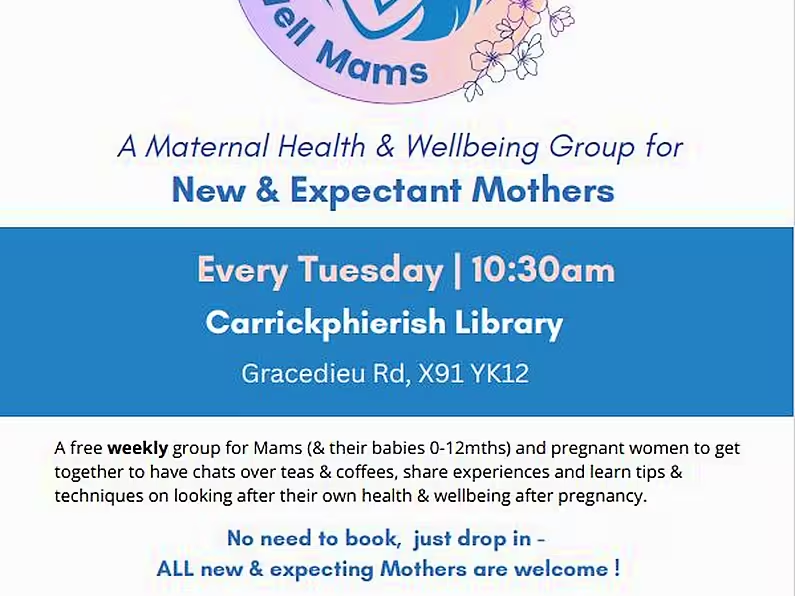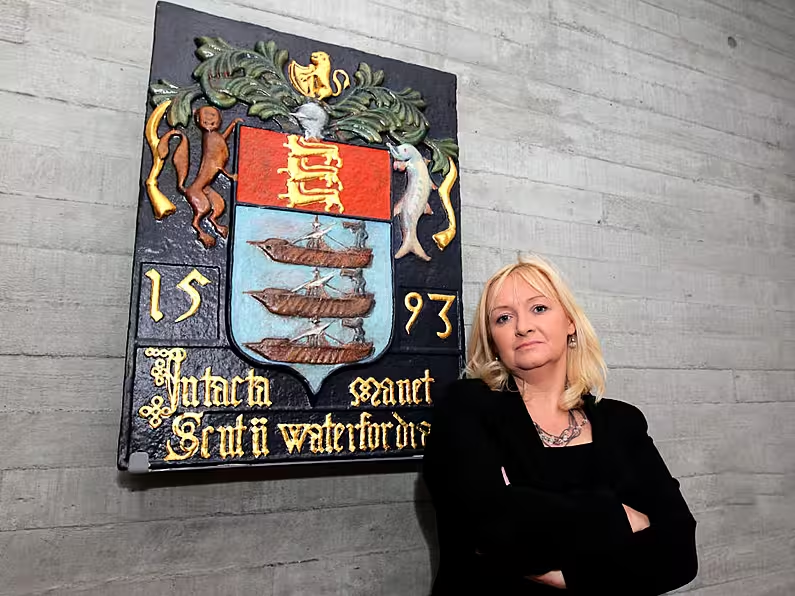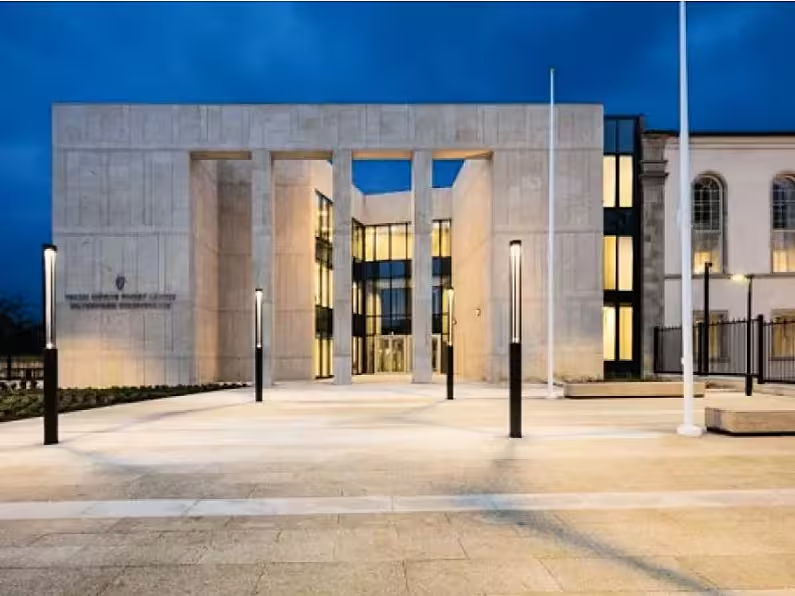A further 783 cases of Covid-19 have been confirmed in the Republic on Wednesday.
The latest figures show 73 people hospitalised with the disease, with 20 in intensive care.
It comes as the National Public Health Emergency Team (Nphet) is currently holding a briefing to provide an update on the coronavirus situation in the Republic — check back here for live updates.
Speaking this afternoon, deputy chief medical officer Dr Ronan Glynn said the situation was deteriorating across Europe, with an overall 20 per cent increase week-on-week in cases.
Dr Glynn highlighted the recent impact of travel on case numbers over the past fortnight, with 626 travel-related infections identified.
Dr Glynn said travel now represents more than one in ten cases where contact tracers have been able to identify likely source of disease transmission. He highlighted Spain, Great Britain, Portugal as particular sources of disease importation.
Future modelling
Dr Glynn also said GPs have identified a changing symptom profile associated with the Delta variant.
The new variant is presenting for many in the form of a sore throat, nasal symptoms such as runny or blocked nose, and a headache.
Dr Glynn urged anyone experiencing such symptoms not to assume it was a cold or hayfever, but to immediately isolate and seek a test.
Meanwhile, chair of Nphet's modelling group Professor Philip Nolan said the group's current modelling of future growth of the disease was a "cause for considerable concern".
Current case numbers are tracking ahead of optimistic scenario presented by Nphet prior to the decision to delay the reopening of indoor dining, Prof Nolan said, with the Delta variant spreading even more quickly at that time than thought.
Delta variant prevalence
Prof Nolan said the variant reached 70 per cent prevalence in the Republic around July 2nd or 3rd, some weeks in advance of what Nphet had predicted.
After rerunning the models and introducing the Delta variant earlier, Prof Nolan said current case counts were still tracking at the upper confidence bounds of the optimistic scenario.
The country is currently tracking towards the pessimistic scenario forecast by Nphet, he added, but said that did not have to remain the case.
Prof Nolan said he was optimistic that if people were presented with these figures, the public would change their behaviour and change the trajectory of the disease.
The R number of the disease is currently estimated to be between 1.1 and 1.3.
Case counts to double
If nothing else changes, Prof Nolan said, case counts will double every 15 to 30 days.
There remains "very significant" uncertainty about the direction the disease might take over the next six to eight weeks, he said. The bottom line was around the need for caution over the next number of weeks, until the substantial majority of the adult population are fully vaccinated.
Prof Nolan particularly urged caution from younger people who are unvaccinated, adding that vaccination is not more than a few weeks away for them.
"We are now in the early stages of exponential growth with Delta," he said, with current Covid-19 growth rate estimated at 3.5 per cent per day.
There had been a new uptick in the number of admissions to intensive care, with at least half admitted over the last 10 days.
The incidence of the disease was also beginning to rise slowly in both partially and fully vaccinated cohorts, as it spilled from first those aged 19 to 24, and later ages 25 to 34.
Meanwhile in Northern Ireland, a further 636 cases were reported on Wednesday, along with one further coronavirus-linked death.
There were 72 Covid-19 positive patients in hospital in the region as of this morning, with two in intensive care.
More to follow...



